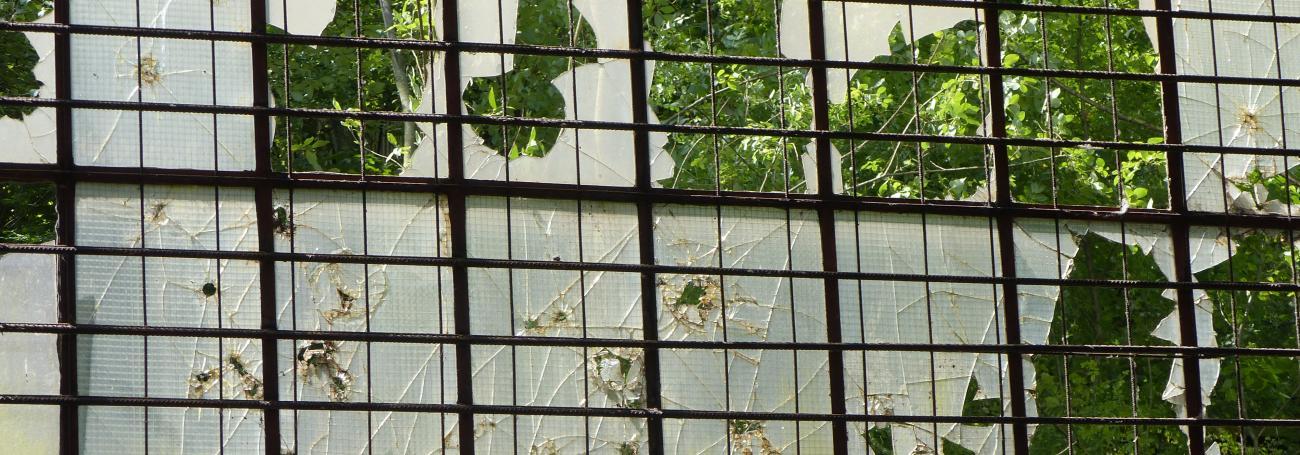
This event marks the closure of the EU-funded project RE-JUSTICE, coordinated by KU Leuven (Institute of Criminology) over the past two years, and in partnership with the European Forum for Restorative Justice, the Belgian National Judicial Training Institute (IGO), the European Judicial Training Network (EJTN), University partners and National Judiciary Schools from Italy (UCSC and SSM), Greece (AUTh and ESDI) and Spain (UC3M and CGPJ).
The consortium invites participants from across Europe and beyond to come to Leuven (or join us online, through the Zoom platform) to learn about the project outcomes, and most of all to discuss with other judges, public prosecutors, restorative justice practitioners, students, researchers, and all other professionals interested, the role of the judiciary in the application of restorative justice and to address with us some key questions: what are the main challenges in the intersection between restorative justice and criminal justice? What are some possible solutions? What are the lessons learnt from the close collaboration with Judiciary Schools within the project? What are the training methods and tools that can be effective in increasing knowledge and skills, change attitudes and raise awareness about restorative justice among judicial actors?

